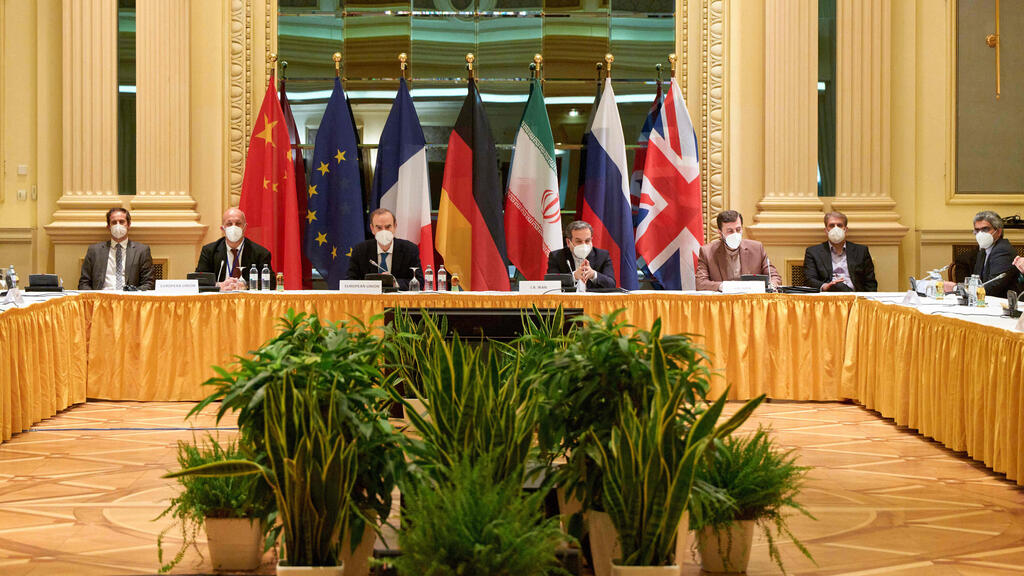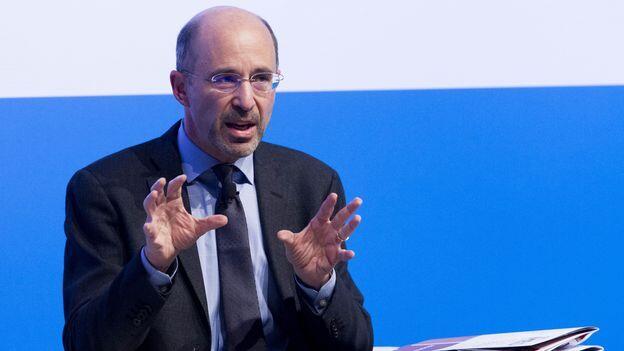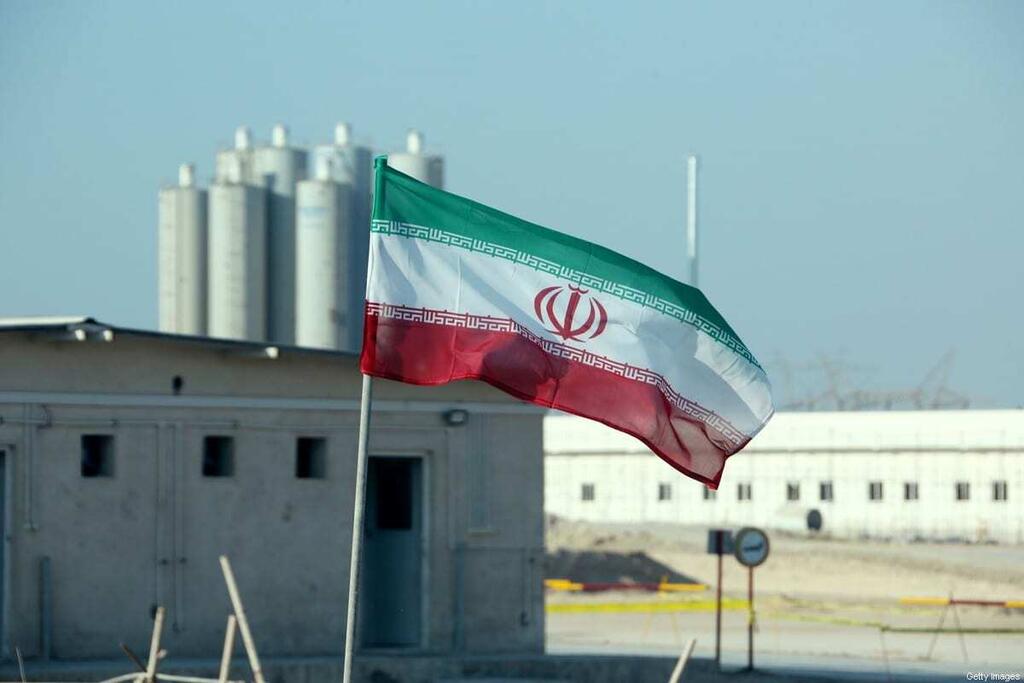Getting your Trinity Audio player ready...
U.S. Special Envoy for Iran Robert Malley arrived in Israel on Sunday for a series of meetings with top Israeli officials as talks with Tehran on reviving its nuclear agreement are set to restart later in the month.
Malley — who will be heading the U.S. delegation in the nuclear talks between world powers and Iran, expected to resume on November 29 — will meet with Defense Minister Benny Gantz on Monday alongside other Israeli defense officials.
While it’s currently unclear whether Foreign Minister Yair Lapid will meet with Malley, Prime Minister Naftali Bennett announced he will not meet with the diplomat, so as not to imply that Jerusalem has given its consent to the efforts to bring back the tattered 2015 deal.
Sources familiar with the process told Ynet that Israel fears Iran will convince the Americans to lift all economic sanctions in exchange for stopping uranium enrichment without discussing other issues, such as Tehran's ballistic missile program or the Islamic Republic's entrenchment in Syria.
Israeli officials will also remind the envoy that $150 billion were funneled to Tehran last time sanctions were lifted, which the Revolutionary Guards utilized to fund its regional expansion and shore its nuclear program.
3 View gallery


Members of 2015 Iran nuclear deal attending a meeting at the Grand Hotel of Vienna as they try to restore the pact
(Photo: AFP)
While some Israeli officials oppose the deal vehemently, other defense experts believe that the pact constitutes the lesser of two evils as it will put pressure on Iran to cease enriching uranium.
"We realized that the situation is going back to where it was in 2015 after [former prime minister Benjamin Netanyahu] failed to foil the agreement,” said an Israeli official who spoke to Ynet on condition of anonymity as they were not authorized to discuss the issue.
“So now we are pushing for a diluted agreement, as it is clear to us that we can not stop it outright."
In April, Tehran and six world powers began discussing ways to salvage the nuclear pact, which has eroded since 2018 when then-president Donald Trump withdrew the United States from it and reimposed sanctions on Iran, prompting Tehran to breach various limits on uranium enrichment set by the pact.
But the talks have been on hold since the election of Iran's hardline President Ebrahim Raisi in June, who is expected to take a tough approach when talks do resume in Vienna.



